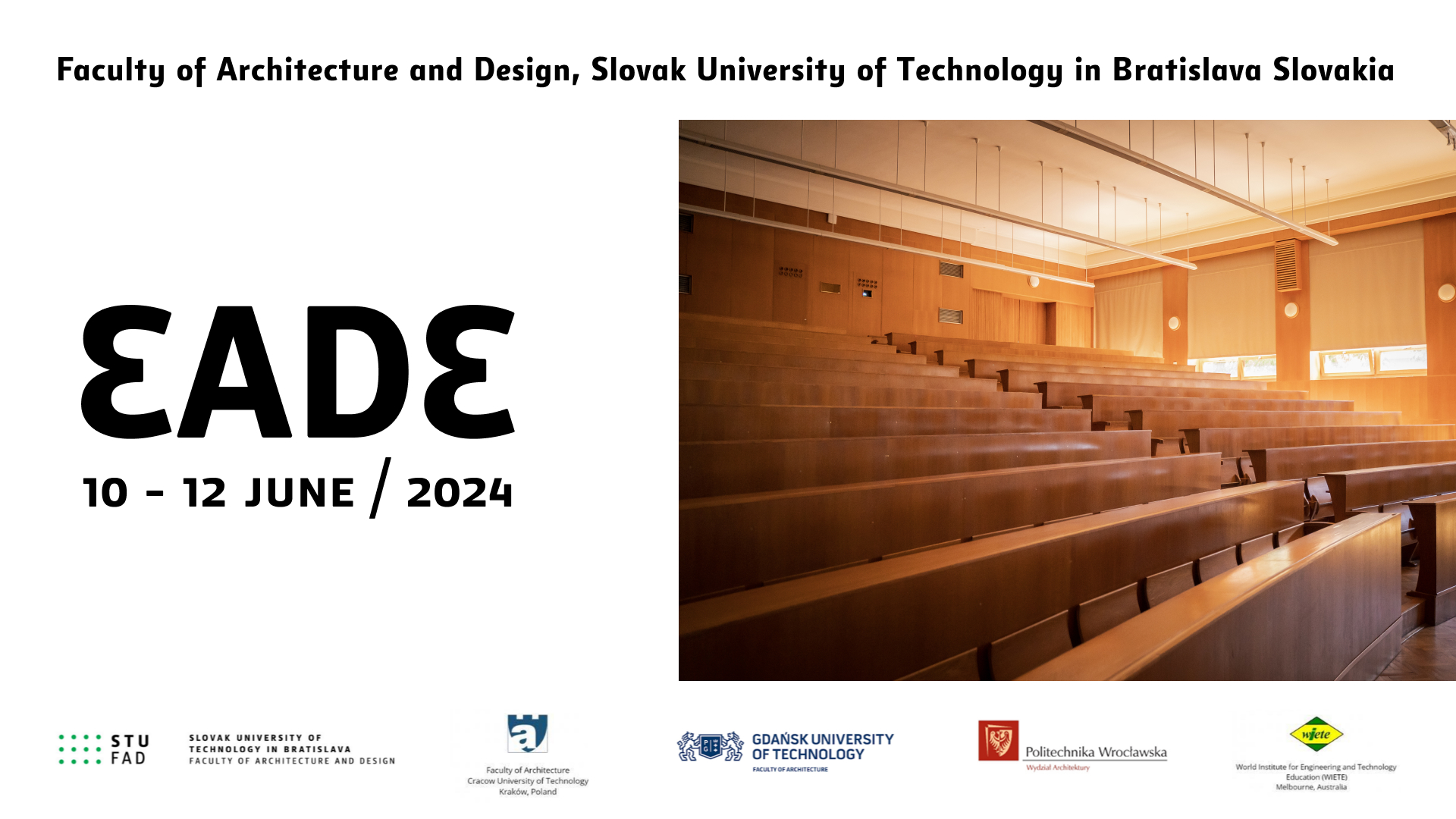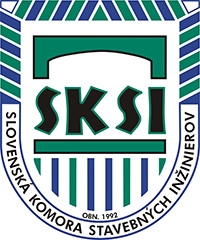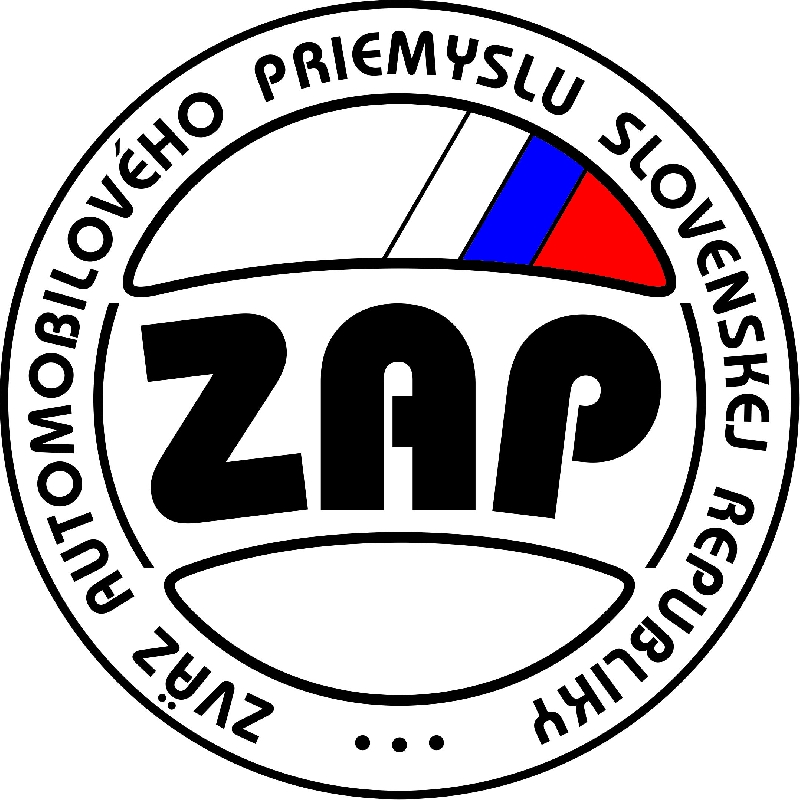2024 Conference on Engineering and Architecture Design Education (EADE-2024)
An invitation to submit Papers/Proposals and attend the Conference to be held in Slovak University of Technology in Bratislava, Slovakia.

The Conference
Under the joint patronage of the Faculty of Architecture and Design at Slovak University of Technology in Bratislava, Bratislava, Slovakia; in collaboration with the Faculty of Architecture at Cracow University of Technology, Kraków, Poland; the Faculty of Architecture at Gdańsk University of Technology, Gdańsk, Poland; the Faculty of Architecture at Wrocław University of Science and Technology Wrocław, Poland; and the World Institute for Engineering and Technology Education (WIETE), these institutions organise jointly the 2024 Conference on Engineering and Architecture Design Education (EADE-2024) to take place at Slovak University of Technology in Bratislava, Bratislava, Slovakia, between 10 and 12 June 2024.
At this stage, the Commonwealth Science and Technology Academy for Research (C-STAR), Chennai, India, a Partner Institution of the WIETE, is the Conference Co-sponsor. It is anticipated that the number of Co-sponsors and Support Organisations will increase as several other institutions consider becoming involved in this endeavour.
This 2024 Conference on Engineering and Architecture Design Education (EADE-2024) follows the successful EADE-2023, held in Wrocław, Poland; the EADE-2021 held in Bratislava, Slovakia, over the Internet, due to the Covid-19 pandemic; the EADE-2020 held in Gdańsk, Poland, also over the Internet, the EADE-2019 held in Kaków, Poland; and the EADE-2018, held in Bratislava, Slovakia, in 2018; and builds on the series of extremely successful international conferences held in the past by the UICEE and WIETE, such as the World Conference on Technology and Engineering Education (Kraków 2010, Ljubljana 2011, Athens 2014 and Bratislava 2015); the World Conference on Engineering Education (Sydney 1989, Portsmouth 1992, Minneapolis-St. Paul 1995); the East-West Congress on Engineering Education (Kraków 1991, Łódź 1993, Gdynia 1996) and, then, the Global Congress on Engineering Education (Kraków 1998, Wismar 2000, Glasgow 2002, Bangkok 2004 and New York 2006), to name a few. Based on such previous extensive experience, the present Conference is a continuation of the international effort of sharing and exchanging ideas, experiences and achievements within the international community of technology and engineering, as well as engineering and architecture educators in this case.
Areas of Interest
It is envisaged that the Conference will provide the participants with the opportunity to interact on all aspects of engineering and architecture design education, and such interactions as workshops, team work, panel debates, group discussions, individual presentations, and others, will be led and aided by several eminent international keynote speakers, leaders of the specific areas of interest. It is envisaged that a special post-conference workshop for academic staff and higher degree students will be held in conjunction with the Conference at the same venue.
In accordance with the Conference aims and objectives, the following general areas of interest were identified for discussion:
- International collaboration between academic and industrial organisations in engineering and architecture design education;
- Individual country’s achievements in engineering and architecture design education, and relevant case studies;
- Technological advancements and transfer across the world, and the participation of developing countries in this process;
- The impact on the future supply of qualified personnel for industry, commerce and services;
- The role and importance of engineering and architecture design education in sustainability and environmental protection;
- The interaction between academia and industry for the advancement of engineering and architecture design education;
- Alternative methods of education and training, and the promotion of continuing education of engineers and architects;
- Quality assurance, accreditation systems, ranking of academic institutions and the recognition of foreign qualifications;
- The role, nature and importance of research and development in engineering and architecture design education.





